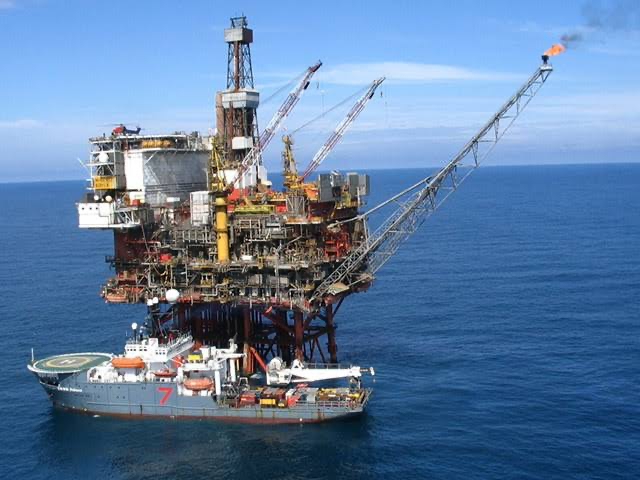The Health and Safety Executive (HSE) has slapped Apache with an improvement notice for its poor maintenance of the flaring system on its Beryl hub in the North Sea.
The flaring system is used to burn off excess gas and oil from the platform. It also acts as a safety valve in case of emergencies, such as a fire or a pressure surge.
According to the HSE notice, Apache had not maintained the spring supports on the flare pipework since 2013. The spring supports help reduce the risk of a hydrocarbon leak if the pipework fails.
Apache was also unable to prove that the flare line was not exposed to excessive vibration and stress due to three corroded and seized spring supports, the HSE said.
The HSE notice stated that Apache had failed to inspect the spring supports properly since at least 2018. The regulator had asked the company to replace the spring supports in 2020, but the work was not done.
Apache’s Beryl hub consists of four platforms: Alpha, Bravo, Charlie and Delta. The improvement notice applies to the Bravo platform, which produces about 9,000 barrels of oil per day.
Apache is one of the largest independent oil and gas producers in the UK North Sea, with operations in the Beryl, Forties and Nevis fields. The company is headquartered in Houston, Texas, and has a regional office in Aberdeen, Scotland.
A History of Safety Violations
This is not the first time that Apache has been in trouble with the HSE for its North Sea operations.
Earlier this year, the HSE issued another improvement notice to Apache for having nearly 26,000 hours of overdue safety-critical maintenance work across several platforms.
The HSE also warned Apache of a significant risk of failure of a caisson, a large steel pipe that supports the platform structure, in the Forties Alpha platform in July.
The HSE said that the caisson had corroded to the point where it could collapse and damage other parts of the platform, potentially causing a major accident
The HSE has issued a total of 12 improvement notices to Apache since 2018, covering issues such as fire and gas detection, corrosion management, pressure systems, electrical safety and lifting operations.
Apache’s response
In a statement to Energy Voice, a spokesperson for Apache said that the company was on track to replace the spring supports on the Beryl Bravo flare piping before the HSE deadline. The spokesperson also said that a full inspection of the flare pipeline was underway.
“Apache is committed to safe and responsible operations. We carry out regular inspections on all our North Sea platforms and required maintenance is continually risk assessed and monitored,” the spokesperson said.
The company did not comment on the other improvement notices or the caisson issue.
The Importance of Flaring
Flaring is a common practice in the oil and gas industry, but it also has environmental and economic impacts.
Flaring releases greenhouse gases, such as carbon dioxide and methane, into the atmosphere, contributing to climate change. According to the World Bank, global flaring emitted about 400 million tons of carbon dioxide in 2019, equivalent to the annual emissions of 100 million cars.
Flaring also wastes valuable resources that could be used for energy or other purposes. The World Bank estimates that the volume of gas flared in 2019 was enough to power the whole of Africa.
Some oil and gas companies, such as BP and Shell, have also pledged to reduce or eliminate routine flaring by 2030, in line with the World Bank’s Zero Routine Flaring by 2030 initiative.
Despite the challenges and risks of operating in the North Sea, there are also signs of hope and innovation in the region.
The UK Oil and Gas Authority (OGA) recently launched a new strategy to support the industry’s transition to net-zero emissions, while maximizing the economic recovery of oil and gas.
The strategy includes measures to reduce emissions from production, increase energy efficiency, promote carbon capture and storage, and support the development of renewable energy sources, such as offshore wind and hydrogen.



